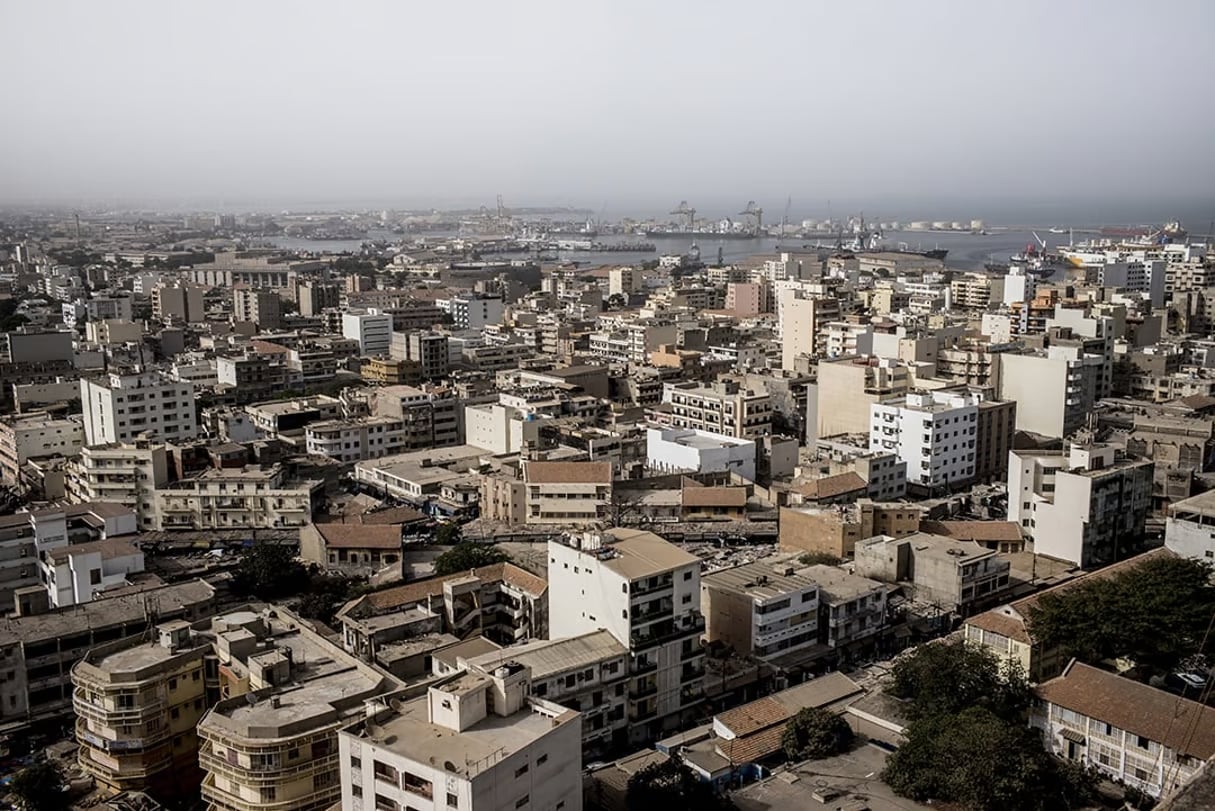
Senegal has unveiled an ambitious vision to transform its capital with the launch of the “Dakar Métropole 2050” project.
The ceremony, chaired by Prime Minister Ousmane Sonko on Tuesday, September 2, 2025, at the Grand Théâtre in Dakar, marked the start of a long-term initiative aimed at modernizing neighborhoods, improving public infrastructure, and addressing environmental challenges.
The project, led by the Ministry of Urban Planning, seeks to elevate Dakar to the status of major African metropolises such as Nairobi and Johannesburg.
Prime Minister Sonko emphasized that the initiative is “not simply a matter of drawing up a catalog of modern infrastructure, but rather of requalifying and restructuring neighborhoods, improving the housing supply, and building structuring public facilities.”
The plan also includes the development of economic, cultural, educational, and port centers, creating synergy with surrounding regions.
Senior project manager Moussa Bala Fofana explained the scope of the vision: “When we think of major projects in Africa, we think of Dakar.”
The plan incorporates vertical urban development, rehabilitation of residential areas, and environmentally conscious projects aimed at restoring green spaces and making Dakar a breathable city.
A key feature of the initiative is its decentralized approach.
Prime Minister Sonko stressed the importance of promoting economic interactions beyond the capital, linking regional hubs and neighboring countries to reduce demographic and economic pressures on Dakar while strengthening national competitiveness.
The relevance of the project is underscored by the current realities of the capital. With a population of over 4 million in 2023—more than a fifth of Senegal’s total—Dakar faces heavy pressure on housing, transportation, and public services. The cost of living is 25% higher than the national average, challenging households’ access to essential services despite a relatively diversified economy.
Environmental and health concerns also weigh heavily on residents. Air pollution, largely from traffic, and persistent urban crime highlight the urgent need for sustainable urban planning.
Dakar Métropole 2050 aims to reconcile modernization, social equity, and environmental sustainability, positioning the city as a modern, integrated hub within Africa while meeting the pressing needs of its inhabitants. The project represents a major test of Senegal’s capacity to shape the future of its capital for decades to come.



